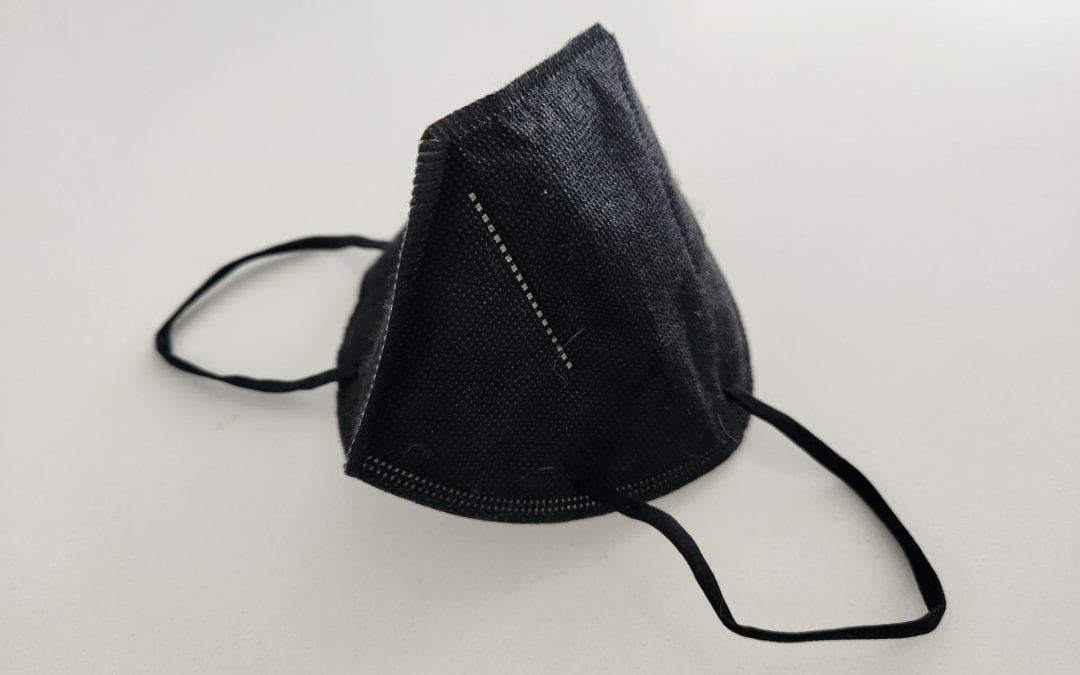In “Selective and deceptive citation in the construction of dueling consensuses,” a Science Advances article published Sept. 23, a team of University of Washington Center for an Informed Public researchers compiled one of the largest, hand-coded citation datasets of cross-medium science communication, derived from approximately 5 million tweets of people discussing masks between March 2020 and April 2021.
The researchers, led by UW Human Centered Design & Engineering doctoral candidate Andrew Beers, focused their attention on how “science communicators” — writ large to include both mainstream science journalists and practiced conspiracy theorists — can reshape and transform scientific evidence in ways that may deviate from its authors’ intents. Beers’ co-authors are Information School doctoral candidate Sarah Nguyễn, CIP director and HCDE associate professor Kate Starbird, and CIP co-founders Jevin D. West and Emma S. Spiro, both iSchool associate professors.
“We find that science communicators selectively uplift certain published works while denigrating others to create bodies of evidence that support and oppose masks, respectively,” the CIP team of co-authors wrote in Science Advances.
“Leveraging the high demand for research findings about masks during the early stages of the COVID-19 pandemic, we show via citation analysis how science communicators and practiced conspiracy theorists alike manufacture the appearance of consensus, using selective and critical citation to create dueling, opposite perceptions of scientific knowledge,” the co-authors wrote. “We find that scientific publishers and authors are unprepared for how their work is being misused by ‘science communicators’ to advance scientific misunderstanding.”
For this work, the team built two datasets: The first shows how scientists built and shared amongst themselves a varied evidence base on the effectiveness of masks for COVID-19. The second dataset shows how science communicators, credentialed and not, “transformed this evidence base into two different, opposing perceived consensuses: one in favor of masks, and one against.”
The co-authors identified three key findings:
- While scientists largely agreed that masks were effective at reducing the spread of infectious disease and tended to cite works with similar methodologies, science communicators sharply disagreed and tended to cite work with similar stances.
- While scientists rarely engage in negative citation, science communicators and particularly anti-mask science communicators more frequently disparage and criticize scientific work.
- Science communicators cite much of the same literature as scientists. However, consensuses diverge via misleading contextualizations that often contradict the scientists’ publicly stated views about their work.

